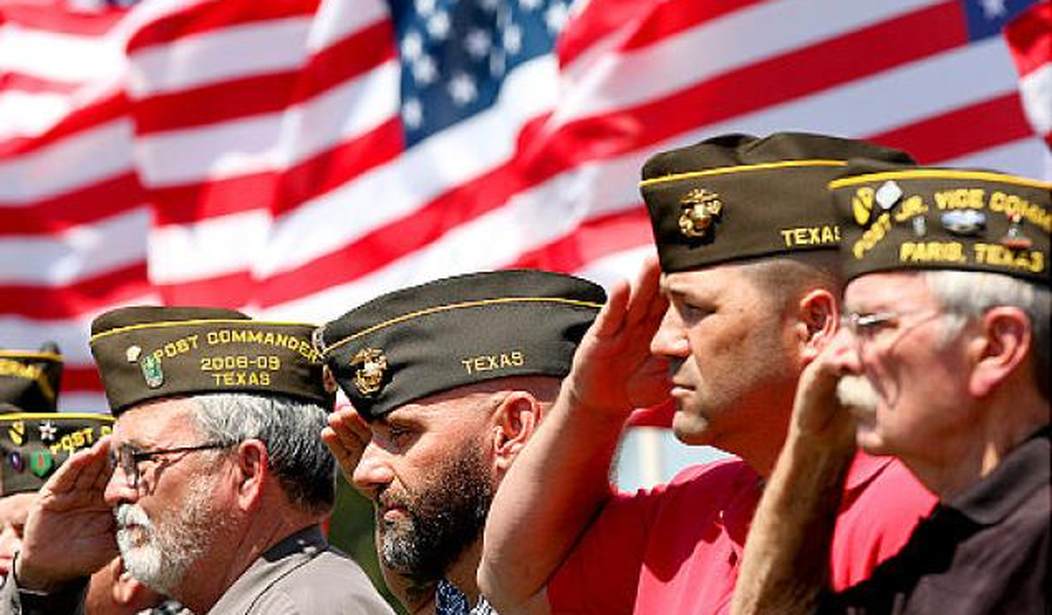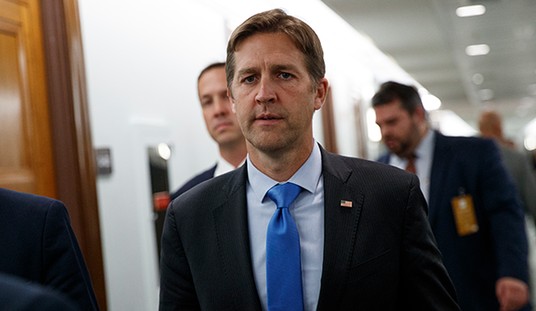WASHINGTON – An official with the Wounded Warrior Project acknowledged that positive steps have been taken to support the nation’s military personnel wounded in action but insisted “the job remains incomplete.”
Ryan Kules, the organization’s national alumni director, told a joint session of the House and Senate Veterans Affairs Committee that “the least visible wounds among warriors of this generation” carry “the most devastating long-term impact” and urgently need to be addressed.
“Many of our disabled warriors still struggle and too many are at risk of continued and even greater problems in the years ahead,” Kules told lawmakers. “As a nation, we must anticipate injured veterans’ needs — today’s needs, tomorrow’s needs, and those of a decade and more in the future. We must plan today to meet these challenges.”
Kules, injured by an improvised explosive device that cost him his left leg and right arm during action in Iraq 2005, said the most significant issues facing wounded warriors involve traumatic brain injury and post-traumatic stress disorder – injuries that don’t immediately present themselves.
“We are quick to acknowledge that many wounded warriors are doing well,” Kules said. “Many have returned to school or, like me, are working toward thriving careers and bright futures. Regrettably, a significant number of injured veterans are not so fortunate and countless others struggle with depression, anxiety or PTSD.”
Chronic pain “haunts too many,” Kules said, while others “have not found direction or purpose in life.”
“Thousands with severe TBI experience terrifying memory loss, cognitive challenges, and wide-ranging behavioral issues, despite seeming to have recovered physically,” he said.
Kules urged the panel to consider improving the access, timeliness and effectiveness of mental health care for those with invisible wounds. He also expressed the need for Congress to authorize and appropriate the funds necessary to help create dedicated office spaces on college campuses to provide student veterans or eligible family members with services and also help remove the barrier to gainful employment some wounded veterans face as a result of carrying the “individual unemployability” designation. The Wounded Warrior Project urged the committees to examine the efficacy of the program and consider options for the IU rating that would give disabled veterans incentives to return to the workforce.
“WWP envisions a future in which the most successful, well-adjusted generation of injured service members in our nation’s history not only survives, but also thrives,” Kules said. “This vision requires sustained public support and relevant programs and services for veterans and their caregivers. Helping wounded warriors requires a lifetime of commitment. WWP commits to serving this population for their lifetime and working with Congress and the Administration to realize this vision.”
Kules’ comments came during a hearing convened to consider the legislative priorities of nine organizations with connections to the military and veterans. Rep. Jeff Miller (R-Fla.), who chaired the session, said it is vital the organizations continue to inform Congress and the American people about what is really happening on the front lines at VA facilities across the country.
“We cannot do it without you,” he said.
“We have made great strides to meet that important goal but it is a constant challenge to ensure VA does not become complacent with the status quo,” Miller said. “In advancing these issues, the need for oversight is crucial, but the need for true and effective accountability continues to be of the utmost importance. VA must be much more aggressive in holding its employees, especially its senior employees, accountable.”
Miller added that lawmakers need to ensure that the Department of Veterans Affairs “treats all veterans with the dignity and professionalism that they have earned through their honorable service to our nation.”
Larry Hyland, a retired Senior Master Sergeant with the U.S. Air Force, now the national president of the Retired Enlisted Association, told the panel his organization’s biggest priority is the proper implementation of the Veterans Access, Choice and Accountability Act of 2014, passed in the wake of revelations about the VA Medical Center in Phoenix.
It was determined that Phoenix and subsequently other VA facilities around the country engaged in excessive delays for veterans waiting to see a healthcare provider and then created fraudulent reports indicating that appointments were handled in a timely fashion.
“While waiting for medical care at the VA several veterans died,” Hyland said. “When depth and breadth of this scandal became clear the American public called for action at the VA and Congress passed the VACAA. Now you have the, if anything, harder job of seeing that the act is properly implemented and that it, and other initiatives of the VA, result in improved services to those who served the nation so well.”
Hyland said his organization recognizes that it is “a heavy burden for the members of both committees to take on the oversight duties for such a huge, far-flung, and critical government department.”
“We know that there are literally hundreds of thousands of dedicated men and women working at the VA that try every day to provide the first-class care that American patriots deserve,” he said. “But we also know that there is a great deal wrong with some of the systems, the business model, the coordination and, yes, some of the people who work there. With an organization as large as the VA there are sure to be many unacceptable people. What we must all do is work to identify them and not allow them to be or stay in positions of power or to keep bonuses for substandard work.”
Peter J. Duffy, a retired U.S. Army colonel who now serves as legislative director of the National Guard Association of the United States, asked the panels to consider changing rules to permit National Guard or Reserve veterans to be considered veterans of the armed force of the United States.
“Many members of Congress may not know that a reservist can complete a full Guard or Reserve career but not earn the title of ‘veteran of the armed service of the United States’ unless the service member has served on…active duty other than for training purposes.”
Drill training, annual training, responding to domestic natural disasters or defending the nation’s airspace or borders don’t qualify members for veteran status.
“Many reserve-component members have served 20 years, giving the government a blank check to send them anywhere in the world but, through no fault of their own, were never deployed or, in some cases, never even allowed to deploy,” he said.









Join the conversation as a VIP Member